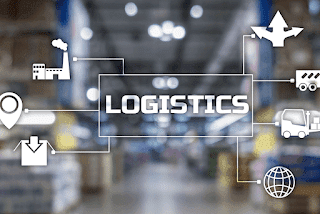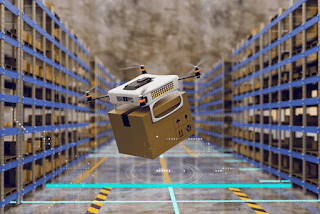Navigating Global Trade: Insights into International Logistics and Supply Chain Management

In today's interconnected world, global trade plays a pivotal role in the success of businesses across industries. However, expanding into international markets comes with its unique set of challenges in logistics and supply chain management. In this article, we will explore key insights into international logistics and highlight best practices for navigating global trade successfully. 1. Understanding Global Trade Regulations: Familiarize yourself with import and export regulations, customs requirements, and trade agreements specific to the countries you operate in. Compliance with these regulations is essential to ensure smooth customs clearance, avoid delays, and mitigate potential risks. 2. Partnering with Reliable Freight Forwarders and Customs Brokers: These professionals possess the expertise and knowledge to navigate complex international transportation and customs processes. They can assist in documentation, provide guidance on compliance, and help optimize supply chain o








